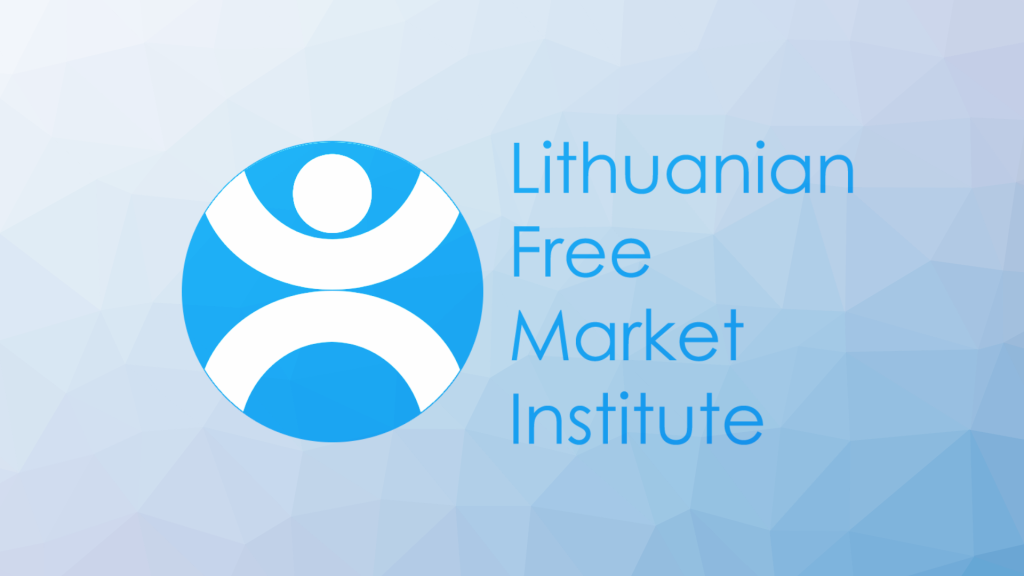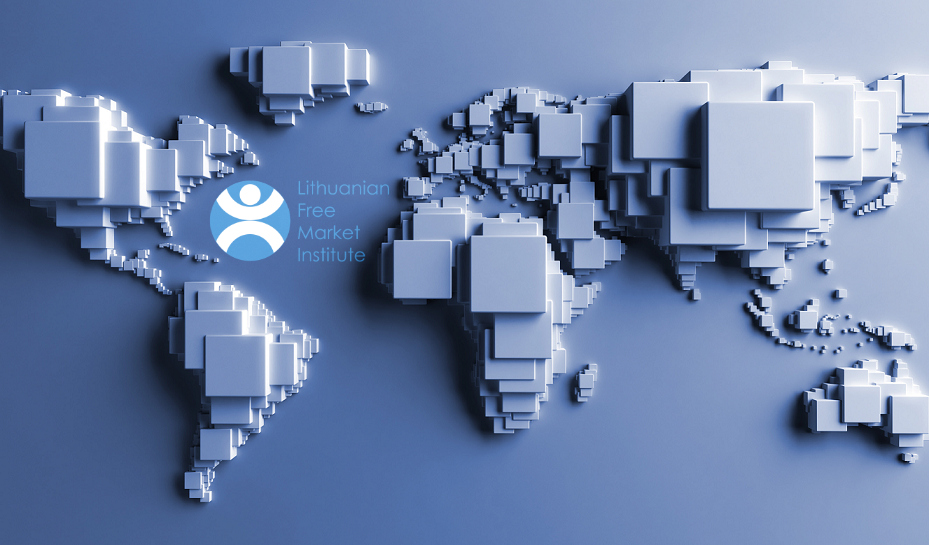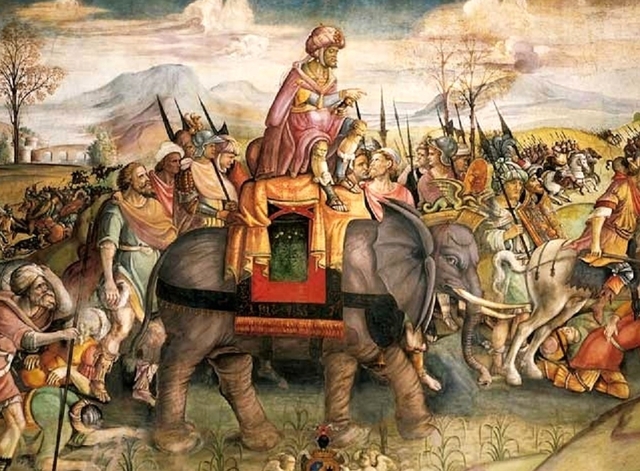
Impact Differences of the Reform of Allocation of Social Allowances Across Municipalities
BY
LFMI / July 9, 2015
Following 2014 reforms, municipalities allocate social allowances by performing municipal, rather than the state function. This reform was aimed at achieving more transparent and targeted social benefit allocation process by decreasing the volume of improper or inappropriate payments.









